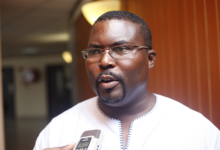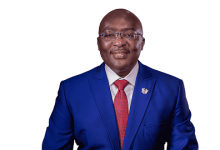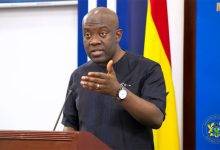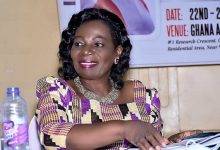
Dr Kwadwo Afari-Gyan, the former Chairman of the Electoral Commission, has averred that discussions on electoral reforms must not be the preserve of political parties and the Electoral Commission (EC) but they require sober reflection in a spirit of give and take, not partisan posturing.
“The need to specify a route to parliamentary approval however, the president appoints the members of the Commission on the advice of the Council of State and there are different ways of composing the membership of election bodies around the world and several countries require parliamentary approval of the members.
“Currently, the president appoints the members of EC on advice of the Council of State although several countries require parliamentary approval for selecting members for an electoral body, the processes are not straitjacket for all,” Dr Afari-Gyan explained.
His comment was in response to the National Democratic Congress’ (NDC) proposal for some electoral reforms, which included provision for prior parliamentary approval for the appointment of members of EC must be like that of Justices of the Supreme Court which involves prior parliamentary approval.
Justifying their reason, the NDC stated that the current mode of appointment of members of the EC appeared to be partisan and did not involve Parliament and contended it did not allow the Commission to be as independent, neutral, transparent, free, fair, firm and credible as it ought to be.
With regard to the proposal, Dr Afari-Gyan indicated that “it is important to specify route to parliamentary approval”, and quizzed “who will make recommendation to parliament? What role, if any, will Council of State play? Whether parliamentary approval will make it clearer to realise the proposal constitutes an improvement on current practice”.
He reiterated the essence of discussion was to exchange views until factions could reach consensus or disagreed on reasonable grounds since electoral processes belonged to the citizenry and was proper for individuals, groups, and election-related civil society organisations to contribute. –ghanaweb.com







